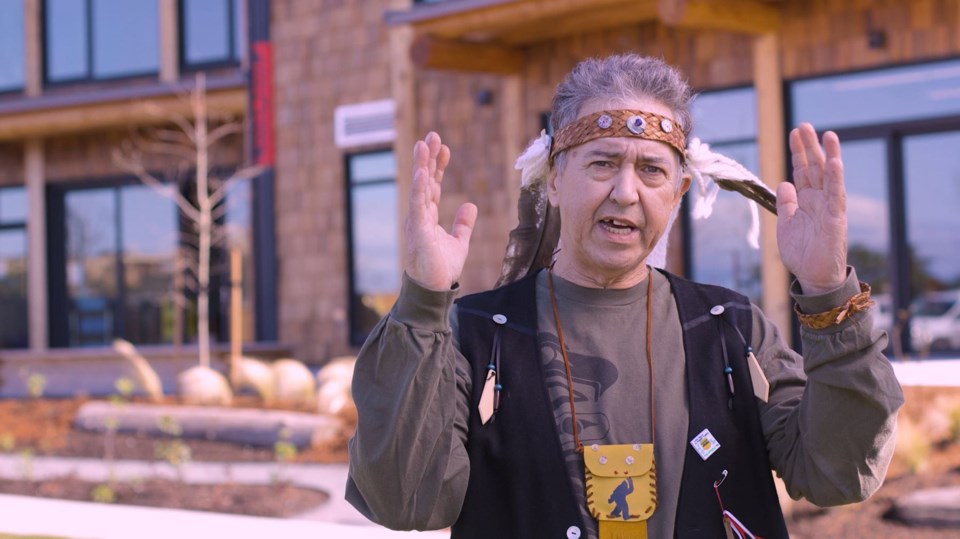Warning: The following article includes details of Canada’s Indian Residential School System. The (24-hour, 7 days a week) is available to provide support for former students and those affected: 1-866-925-4419.
In June 2021 the federal government passed legislation to recognize Sept. 30, as a National Day for Truth and Reconciliation, as a federal statutory holiday.
As Chief of Tsawwassen First Nation, I would like to take a moment to express my gratitude to the people at the Delta Optimist for acknowledging the importance of National Day for Truth and Reconciliation and creating a space for our Nation to express what this day of reflection means to us.
Tsawwassen means “land facing the sea” in our language, hÉ™nÌ“qÌ“É™minÌ“É™mÌ“. Our land base is deeply connected to our identity. For thousands of years, Tsawwassen people travelled the rivers and lakes of coastal British Columbia, from Pitt Lake down to New Westminster, to the Tsawwassen and Point Roberts peninsula, following the outflow of the Fraser River into the Salish Sea and on to Galiano, Saltspring, Pender and Saturna islands.
Our ancestors were skilled hunters, feeding on fish, waterfowl, sea mammals, elk, deer, black bear and beaver. Food was abundant and the Tsawwassen people traded and bartered with other Nations, and later, with settlers. Our people were connected to the trade and growth of this region from the beginning, and have continued that tradition into the 21st Century.
Colonization and the Indian Act disrupted our way of life. The Indian Act prohibited us from exercising our political and legal rights to govern our lands and ourselves, and restricted us from practicing our culture.
Our Nation pursued our treaty (which came into effect on April 3, 2009) to break away from the Indian Act, and to bring decision-making back to the Tsawwassen people. Our treaty helped us to start correcting the injustices of colonization and the Indian Act, setting us on the path to reconciliation.
National Day for Truth and Reconciliation was one of the 94 recommendations in the Truth and Reconciliation Commission’s final report (released in 2015), and was finally implemented shortly after 215 unmarked graves were uncovered by the Tk'emlúps te Secwépemc First Nation, on the grounds of the former Kamloops Indian Residential School.
Nations across Turtle Island (North America) grieved for the children of the Tk'emlúps te Secwépemc First Nation, as we also experienced the forceful removal of Tsawwassen children and their placement into Indian Residential Schools. The repercussions of Residential Schools are extensive and continue to affect us to this day through intergenerational traumas.
As Chief and on behalf of Executive Council, I encourage our neighbouring communities to participate in recognizing and commemorating the legacy of residential schools. This day can be one of education, quiet reflection and/or participation in a community event. We honour our stolen children, those who were lost and the survivors, our families and our communities who continue to grieve. We are strong Tsawwassen People, and although the road to Truth and Reconciliation may be long, we are moving forward with hope and pride in our hearts.
I normally start out with thanking the creator for another beautiful day on mother earth, today I will close with it. Healing prayers, love and respect for all.



.jpg;w=120;h=80;mode=crop)